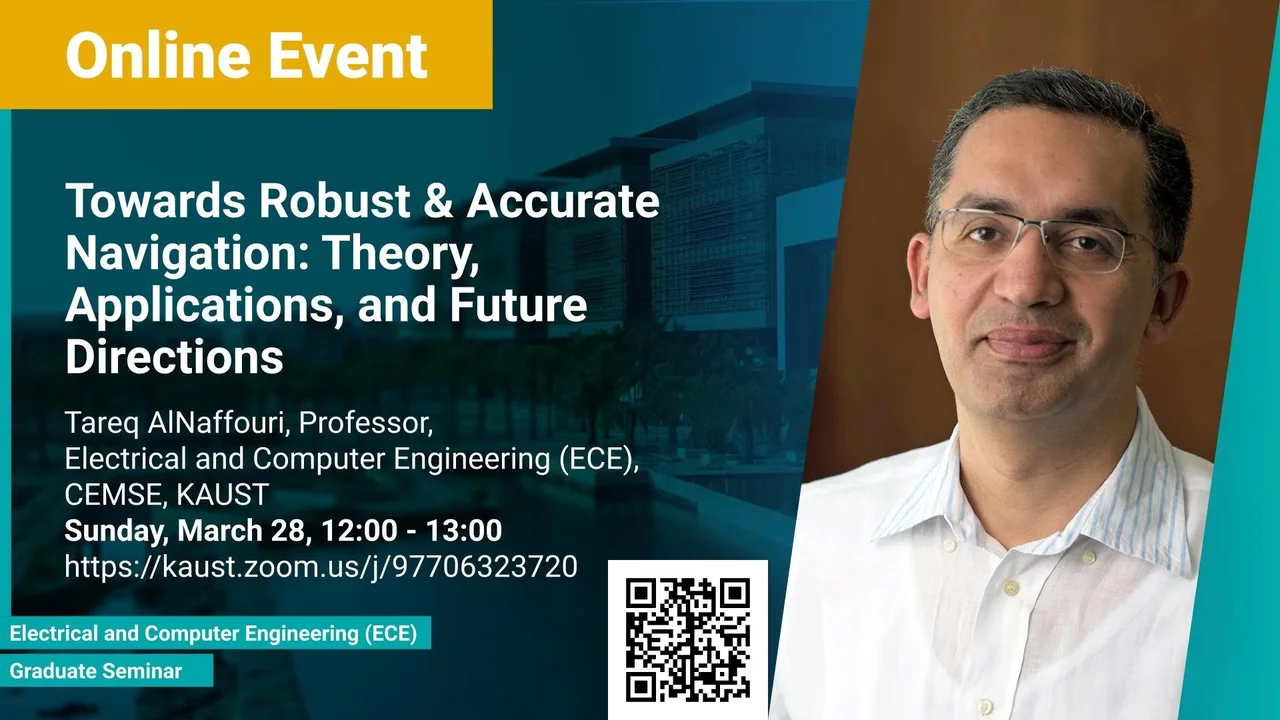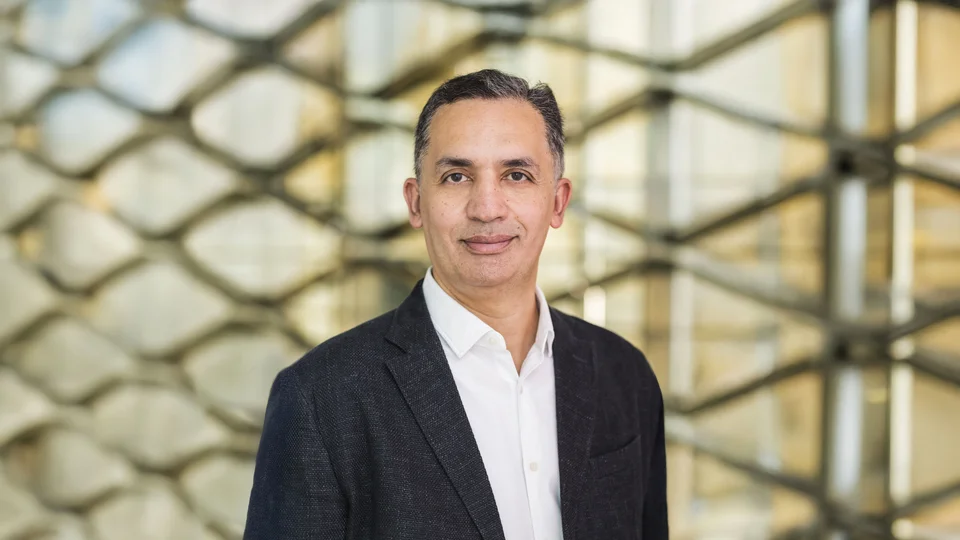
Towards Robust and Accurate Navigation: Theory, Applications, and Future Directions
Navigation is an essential requirement for many applications (commercial, retail, military, scientific, ...etc) and in a variety of environments (in-doors, outdoors, space, underwater, and even underground). In this talk, I will overview some of my group's work in localization and navigation focusing on indoor and satellite positioning. The talk will demonstrate how the structure or constraints of the problem can help achieve very accurate localization (e.g. millimeter level indoors) that is robust to Doppler, multipath, and shadowing. The talk will also touch upon various related applications that the group is pursuing in smart health and smart cities. The talk will end with future directions for localization in extreme environments and in the TeraHertz spectrum where localization, environment sensing, and communication converge.
Overview
Abstract
Navigation is an essential requirement for many applications (commercial, retail, military, scientific, ...etc) and in a variety of environments (in-doors, outdoors, space, underwater, and even underground). In this talk, I will overview some of my group's work in localization and navigation focusing on indoor and satellite positioning. The talk will demonstrate how the structure or constraints of the problem can help achieve very accurate localization (e.g. millimeter level indoors) that is robust to Doppler, multipath, and shadowing. The talk will also touch upon various related applications that the group is pursuing in smart health and smart cities. The talk will end with future directions for localization in extreme environments and in the TeraHertz spectrum where localization, environment sensing, and communication converge.
Brief Biography
Tareq Al-Naffouri received his B.S. from King Fahd University of Petroleum and Minerals, the M.S. from the Georgia Institute of Technology, and the Ph.D. degree from Stanford University, all in Electrical Engineering, He was a visiting scholar at California Institute of Technology in 2005, 2006, and 2008 and a Fulbright Scholar at the University of Southern California in 2008. He is currently a Professor of Electrical & Computer Engineering at KAUST. His research interests lie in the areas of sparse, adaptive, and statistical signal processing and their applications to wireless communications and smart health/cities and in network information theory and the applications of machine learning. He has over 300 publications in journal and conference proceedings and 25 issued/pending patents.
